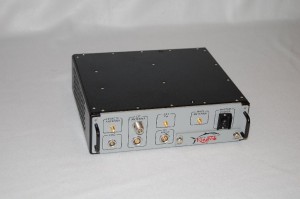I have reported in the past on specific tech tools being used by various law enforcement agencies in posts on this website. Pursuant to data practices requests I have made over years, Minnesota law enforcement agencies show gushing use of
surveillance tools and behavior at
every level, from social media, movements of cars, cameras on the streets, to listening to people's conversations in public.
In reviewing logs and administrative subpoenas, cell phone carriers such as Verizon, T-Mobile are being served and responding to thousands of these warrant less pieces of paper from Minnesota cops. These papers can command phone companies and similar entities for subscriber information, which includes such information as example,
GPS/location data, calling records, photos, and text messages. As the KARE 11 story pointed out several weeks ago a "cell" tower dump could scour thousands of innocent people connected to a given tower at a certain
time.
And as the Minnesota House of Representatives learned in a very unique debate on the floor last session on License Plate Readers (cameras) location data can be quite
revealing of an individuals associations, activities, and movements.
As part of my data requests I have asked for data that would help me determine what legal thresholds are used for the new tech surveillance and monitoring that government does. The response I got was all over the board. Some agencies had thresholds, some did not, for example, "relevant" to an investigation to probable cause (4th Amendment search warrant). One or two agencies even refused to tell me.
.
I have stated forthrightly in the past and I will say at the Minnesota Legislature our state laws need to be refitted for the emerging technology of surveillance and monitoring to protect our privacy and civil liberties. That can begin with a robust and in-depth set of hearings next month which it seems the Minnesota House Civil Law Committee may do.
I helped write our state laws with legislators 25 years ago that govern the rules on electronic surveillance. The legislators (then) and I never dreamed of the technology we have today. If we knew I can assure you we would have addressed it.
I helped write our state laws with legislators 25 years ago that govern the rules on electronic surveillance. The legislators (then) and I never dreamed of the technology we have today. If we knew I can assure you we would have addressed it.

 Chief Janeé Harteau
Chief Janeé Harteau